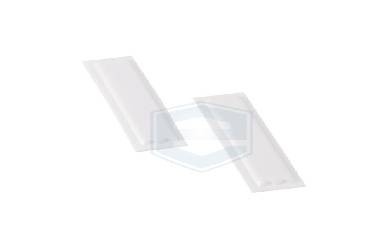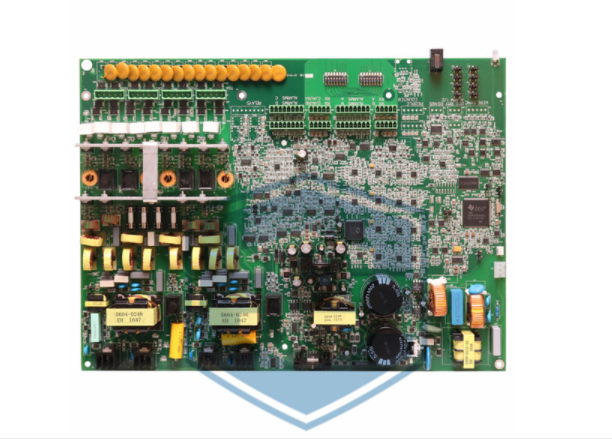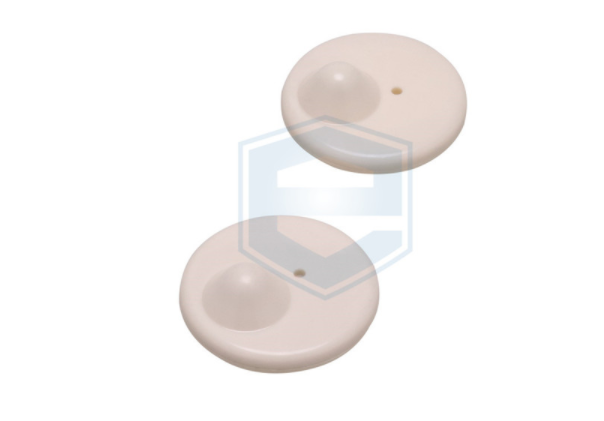The Electronic Commodity Anti-theft System (EAS) has various forms and deployment scales to meet specific business security needs. When choosing an Eas System for your retail environment, Eas System Supplier analyze the following eight factors:
1. the detection rate
The detection rate refers to the average detection rate of undemagnetized tags in all directions in the monitoring area, and is a good performance indicator to measure the reliability of the EAS system. Low detection rates often also mean high false alarm rates. For the three most commonly used technologies in EAS systems, the most recent acousto-magnetic technology has a benchmark average detection rate of more than 95%, radio frequency systems are 60-80%, and electromagnetic systems are 50-70%.
2.the false alarm rate
Tags from different EAS Systems often cause false alarms. Tags that are not properly demagnetized can also cause false alarms. The high rate of false alarms makes it difficult for employees to intervene in security incidents, and creates conflicts between customers and stores. Although false alarms cannot be completely eliminated, the false alarm rate is also a good indicator of system performance.

Eas Soft Label
3.anti-interference ability
Interference will cause the system to automatically issue an alarm or reduce the detection rate of the device, and the alarm or non-alarm has nothing to do with the anti-theft tag. This situation may occur in the event of a power outage or excessive environmental noise. Radio frequency systems are particularly susceptible to such environmental interference. Electromagnetic systems are also susceptible to environmental interference, especially magnetic interference. However, because the acousto-magnetic EAS system adopts computer control and unique resonance technology, it shows strong resistance to environmental interference.
4.shield
The shielding effect of metal will interfere with the detection of security tags. This role includes the use of metal items, such as food, cigarettes, cosmetics, drugs, and metal products, such as batteries, CD/DVD, hairdressing supplies, and hardware tools. Even metal shopping carts and shopping baskets will shield the security system. Radio frequency systems are particularly susceptible to shielding, and metal objects with a large area can also affect electromagnetic systems. Since the acousto-magnetic EAS system uses low-frequency magnetoelastic coupling, it is generally only affected by all-metal products, such as cookware, and is very safe for most other products.
5. strict security and smooth flow of people
A robust EAS system needs to consider the security needs of stores and the requirements of retail traffic. Over-sensitive systems affect shopping mood, and insufficiently sensitive systems will reduce the profitability of stores.
6.protect different types of goods
Retail goods can generally be divided into two categories. One type is soft goods, such as clothing, footwear and textile goods, which can be protected by EAS hard tags that can be reused. The other category is hard goods, such as cosmetics, food and shampoo, which can be protected by EAS disposable soft labels.
7. EAS soft labels and hard labels-the key is applicability
Eas Soft Label and hard tags are an indispensable part of any EAS system, and the performance of the entire security system also depends on the correct and appropriate use of the tags. It is particularly important to note that some labels are easily damaged by moisture, and some cannot be bent. In addition, some labels can be easily hidden in a box of merchandise, while some will affect the packaging of the merchandise.
8. EAS nail remover and degausser
In the entire security link, the reliability and convenience of EAS nail removers and degaussers are also an important factor. Advanced EAS degaussing device uses non-contact degaussing to maximize the efficiency of the cash register and speed up the passage of the cashier channel.

Basic Approach to Preventing Retail Business Losses
Apr. 16, 2022
What You Need to Know about EAS Security Tag Alerts
Apr. 06, 2022